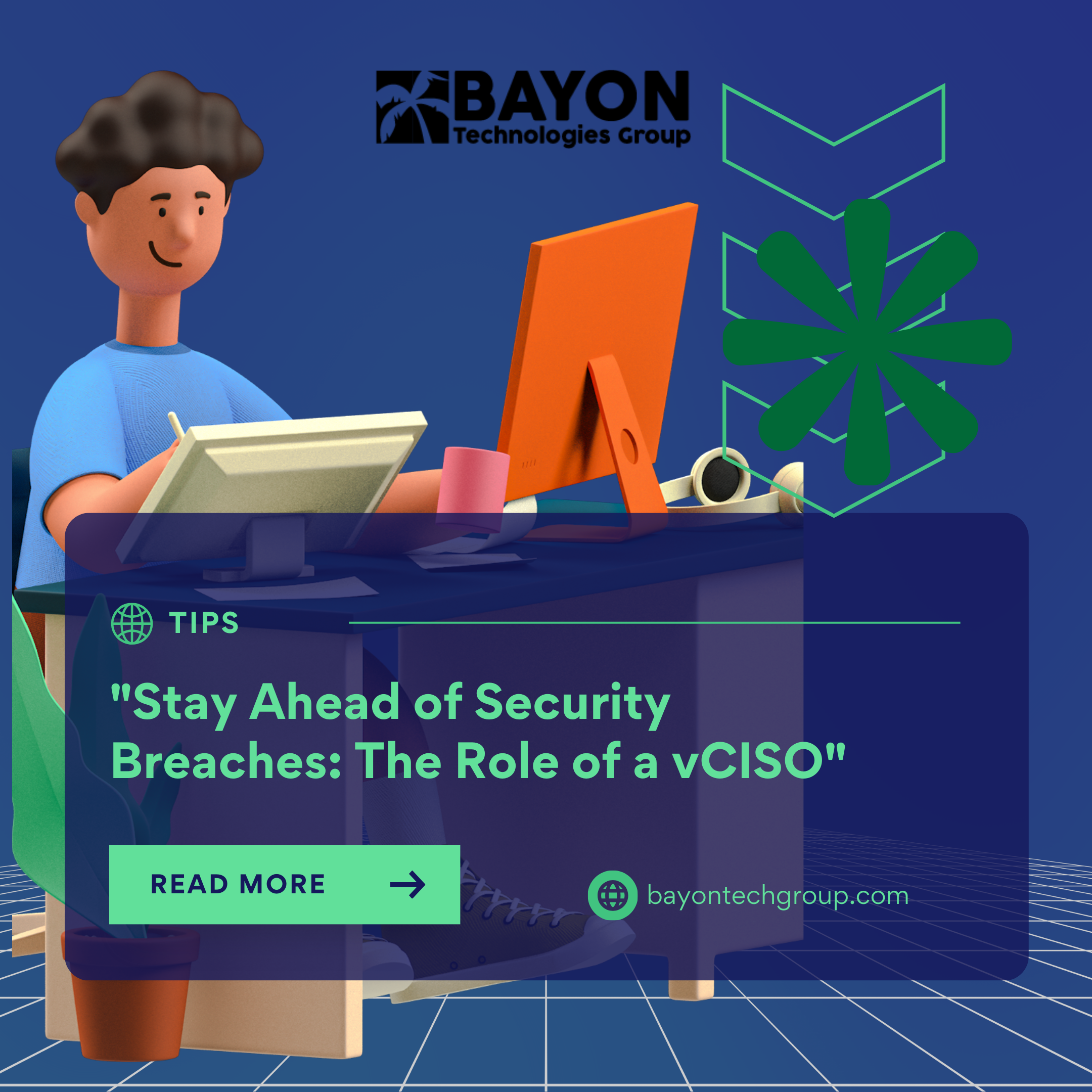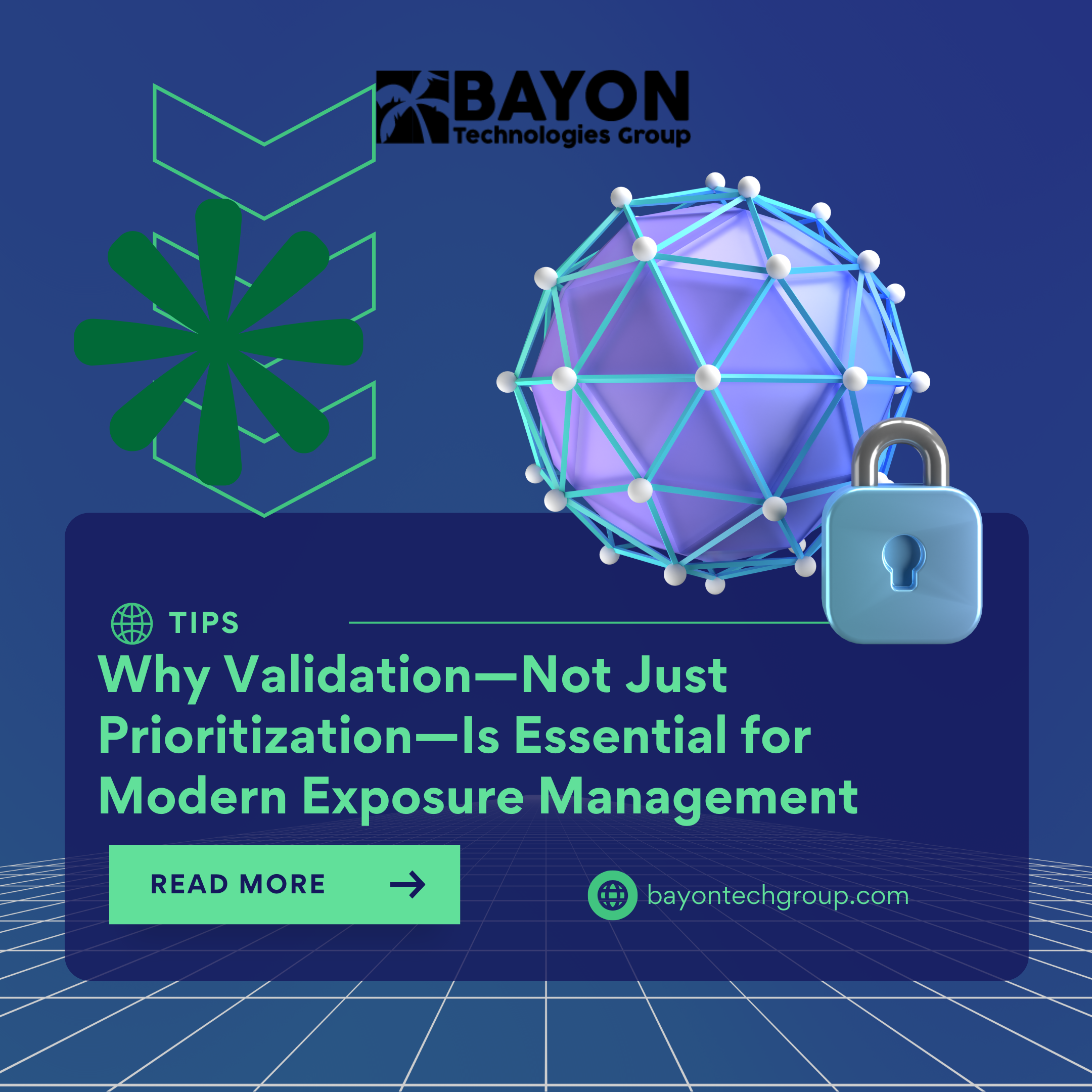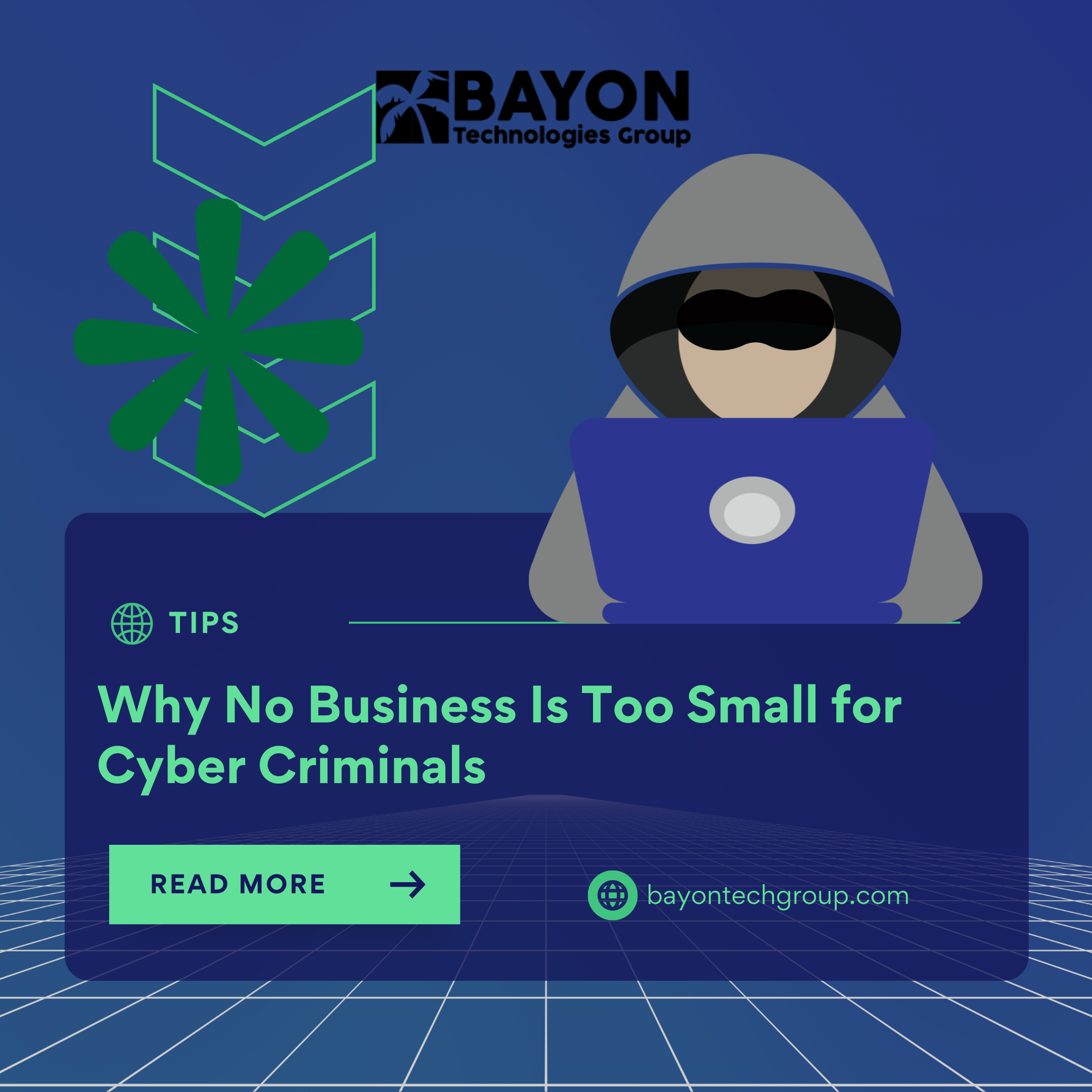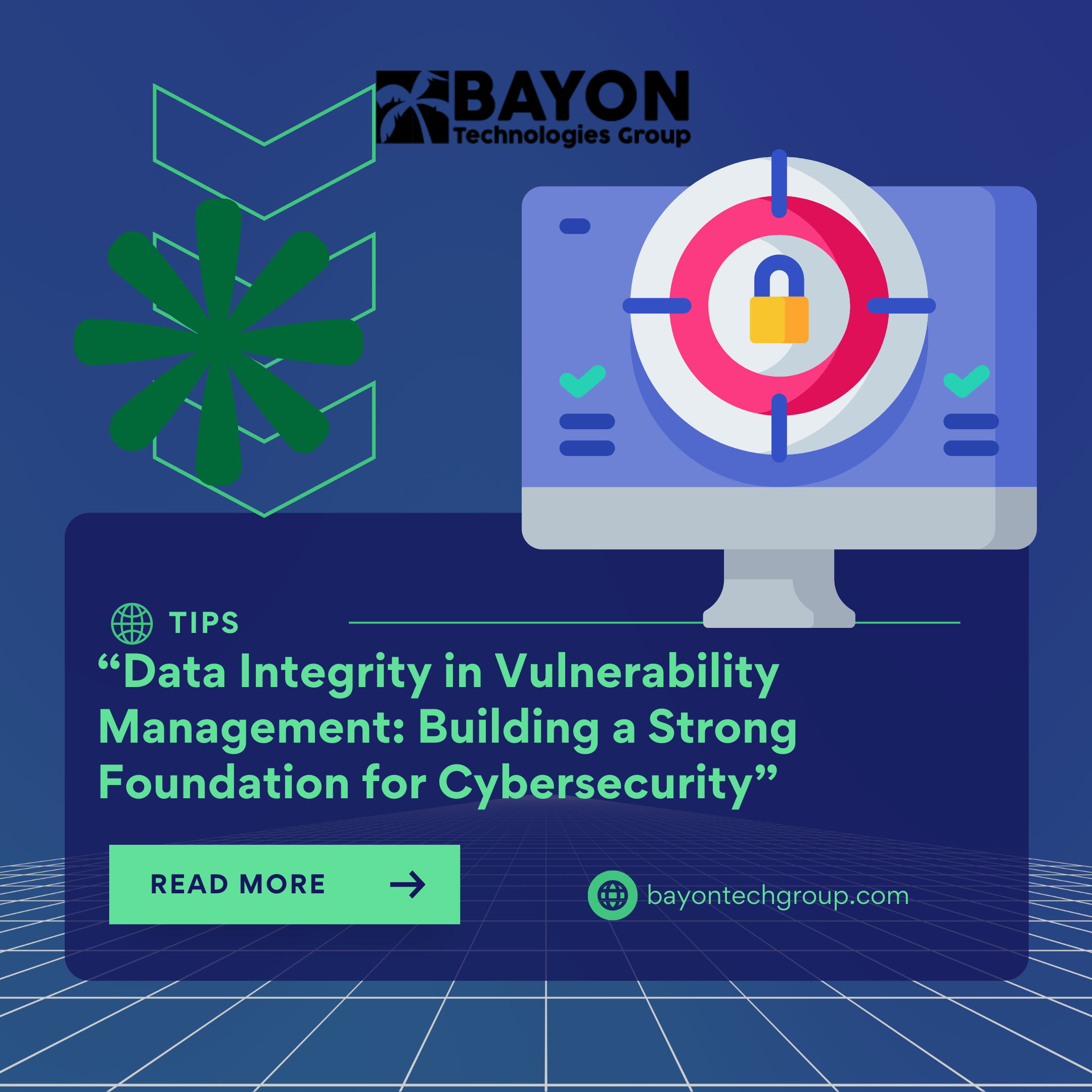Stay Ahead of Security Breaches: The Role of a vCISO

Security breaches follow a predictable lifecycle, from initial infiltration to data exfiltration and damage control. Understanding this lifecycle is crucial for preventing and mitigating the impact of cyber attacks. Here's how a Virtual Chief Information Security Officer (vCISO) can help protect your organization.
The Lifecycle of a Security Breach
- 1. Reconnaissance: Attackers gather information about the target to identify vulnerabilities.
- 2. Initial Compromise: Attackers gain access through phishing, malware, or exploiting vulnerabilities.
- 3. Establishing Foothold: Attackers install malicious tools to maintain access.
- 4. Escalation of Privileges: Attackers elevate their access to critical systems and data.
- 5. Data Exfiltration: Sensitive data is copied and transferred out of the network.
- 6. Maintaining Presence: Attackers create backdoors to ensure ongoing access.
- 7. Covering Tracks: Attackers erase evidence to avoid detection.
- 8. Execution of Attack: Attackers execute their final objectives, which could include data destruction, ransom demands, or public exposure.
How a vCISO Can Help
A vCISO provides expert guidance and strategies to prevent breaches at each stage of the lifecycle. Here's how:
- 1. Risk Assessment: Identifies vulnerabilities and assesses the potential impact of threats.
- 2. Security Policy Development: Establishes comprehensive security policies and procedures.
- 3. Employee Training: Conduct regular training sessions to improve phishing awareness and response.
- 4. Incident Response Planning: Develops and tests incident response plans to ensure quick and effective action.
- 5. Continuous Monitoring: Implements advanced monitoring tools to detect and respond to suspicious activities in real time.
- 6. Regulatory Compliance: Ensures compliance with relevant regulations and standards, reducing the risk of legal and financial repercussions.
- 7. Third-Party Management: Assesses the security posture of third-party vendors to prevent supply chain attacks.
Benefits of a vCISO
- Cost-Effective Expertise: Access to high-level security expertise without the cost of a full-time executive.
- Scalable Solutions: Tailored security strategies that grow with your organization.
- Proactive Defense: Constant vigilance and proactive measures to stay ahead of emerging threats.
Conclusion
Security breaches are inevitable, but their impact can be minimized with the right strategies and expertise. A vCISO provides the necessary skills and knowledge to navigate the complex landscape of cybersecurity, helping you avoid becoming a statistic. For more information on how a vCISO can protect your organization, visit our website or contact us today. Stay secure
‹ Back







